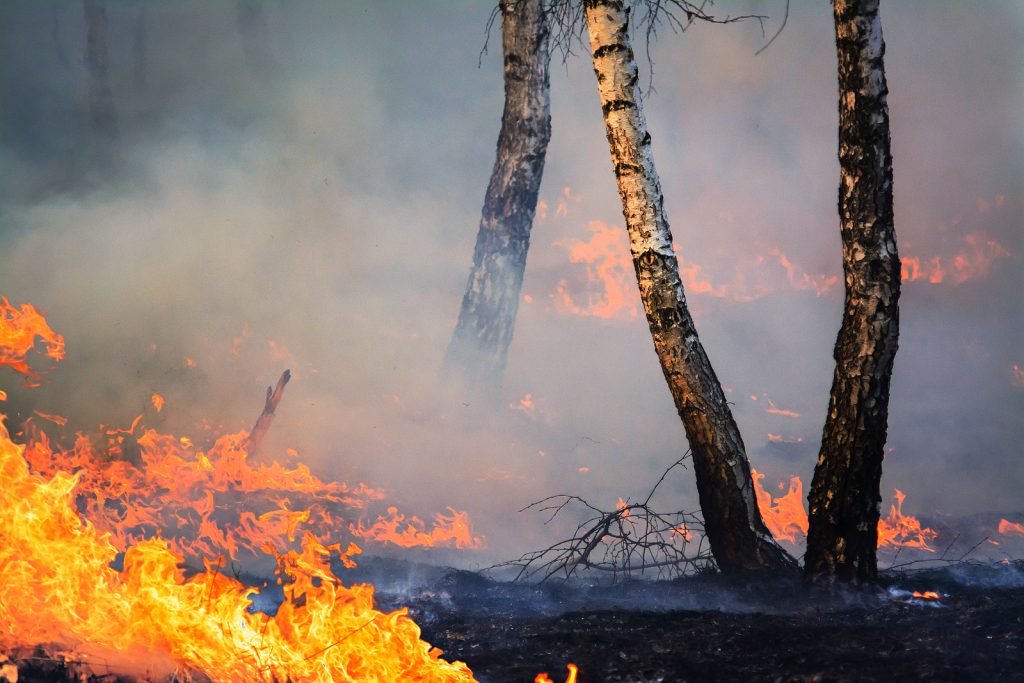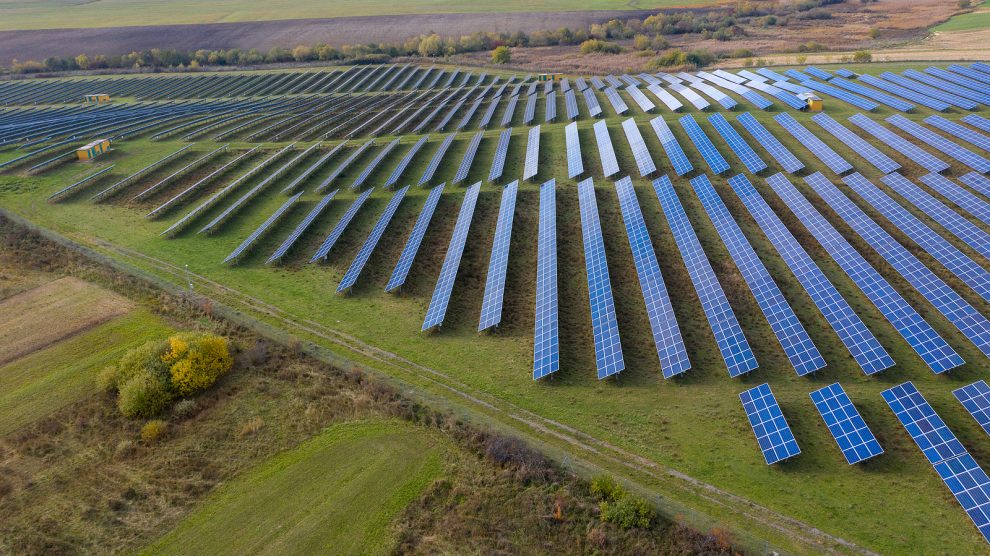Transitioning to alternative energy will not be easy, but it will have dividends. An aggressive transition to renewables would reduce the effects of climate change, boost national economies, and create new job opportunities.
Global climate patterns have been peculiar and dangerous this year. For example, the Europeans had one of the hottest summers ever recorded. The Copernicus Climate Change Service stated a “record number of days with extreme heat stress” was recorded this summer. Due to these extreme temperatures, hundreds of individuals died.
Meanwhile, millions of Americans and Canadians were under air quality alerts in North America. Residents in the northeast were exposed to harmful air as smoke shrouded several cities. Hazy yellow skies covered parts of the United States and Canada, and online services such as Amazon reported a spike in the sales of air filters, humidifiers, and high-quality masks.
To some, these developments were an anomaly, but unfortunately, they were just part of a pattern of climate disasters occurring across the globe. Worse, humanity should have been better prepared for these events.
Time to take action
Now, the West must take dramatic action. One possibility is to invest in renewable energy options. The switch to alternative energy will lead to economic growth, create new job opportunities, and help mitigate the effects of climate change.
For example, numerous countries are still recovering from the socio-economic effects of the coronavirus pandemic. States across the globe lost billions in revenue, their gross domestic products shrank, and millions of citizens lost their jobs.
An investment in renewables would help these countries recover from their losses. Numerous scientists, technicians, and engineers would be required to help construct and implement the infrastructure needed for these energy installations, much of which already exists. Many more would be needed to help maintain this industry. As a result, this would create thousands of new jobs, and these opportunities would lead to economic growth. It would also be more economically feasible as these forms of energy are cheaper and more efficient.
Second, transitioning to renewables would lead to a reduction in carbon pollution. Alternative energy does not produce any greenhouse gas emissions as fossil fuels are not burned in the process. In addition, using renewables would reduce dependencies on fossil fuels. As a result, this would reduce the impact on the environment as fossil fuels are not being burned. It would also lessen current climate trends.
Finally, there are many health benefits to using alternative energy. According to Harvard’s School of Public Health, reducing harmful dioxides will help reduce “premature deaths, heart attacks, asthma exacerbations, and hospitalisation for cardiovascular or respiratory issues.” Clean energy will reduce the contamination of waterways and farmland. Numerous ecosystems would be rebuilt, and food sources would be protected. In other words, reducing greenhouse gas emissions and increasing renewables will lead to a healthier and safer environment.

It is imperative for the West to begin a faster transition to renewable energy as time is running out. For example, in a recent announcement by the World Meteorological Organisation (WMO), the group stated that “global temperatures are likely to surge to record levels in the next five years.” Furthermore, in its annual report, the WMO concluded that the world will likely breach the 1.5 degrees Celsius mark set by the 2015 Paris Agreement. In other words, humanity has “failed to make sufficient progress on slashing climate-warming greenhouse gas emissions.”
The United Nations reached a similar conclusion. According to the 2023 UN climate report, the organisation stated that greenhouse gas emissions continue to increase globally, and that widespread, rapid changes have occurred in the atmosphere, ocean, cryosphere, and biosphere. Moreover, the report found that risks are “increasing with every increment of warming.”
In other words, the world is falling behind in its 2030 targets. At the current rate, some recent rises in temperatures and climate-related events are unavoidable and irreversible.
A cleaner, healthier planet
Some critics will state that the effects of climate change are inevitable and that it is too late to reverse or mitigate them. Others might argue that changing to renewable energy alternatives will take time, something the globe does not have. But these opinions are misguided.
For example, a recent Forbes piece stated that the transition to renewable energy is already underway. Much of the infrastructure needed for these transitions is already in place, and numerous countries have slowly begun the transition. Those not privy to the technology required can collaborate with their international partners to successfully transition to these cleaner and safer forms of energy. Making renewable energy a public good would speed up this process.
Transitioning to alternative energy will not be easy, but it will have dividends. An aggressive transition to renewables would reduce the effects of climate change, boost national economies, and create new job opportunities. But most importantly, this transition will lead to a cleaner, healthier, and safer planet. Now is the time to act.
Unlike many news and information platforms, Emerging Europe is free to read, and always will be. There is no paywall here. We are independent, not affiliated with nor representing any political party or business organisation. We want the very best for emerging Europe, nothing more, nothing less. Your support will help us continue to spread the word about this amazing region.
You can contribute here. Thank you.







Add Comment